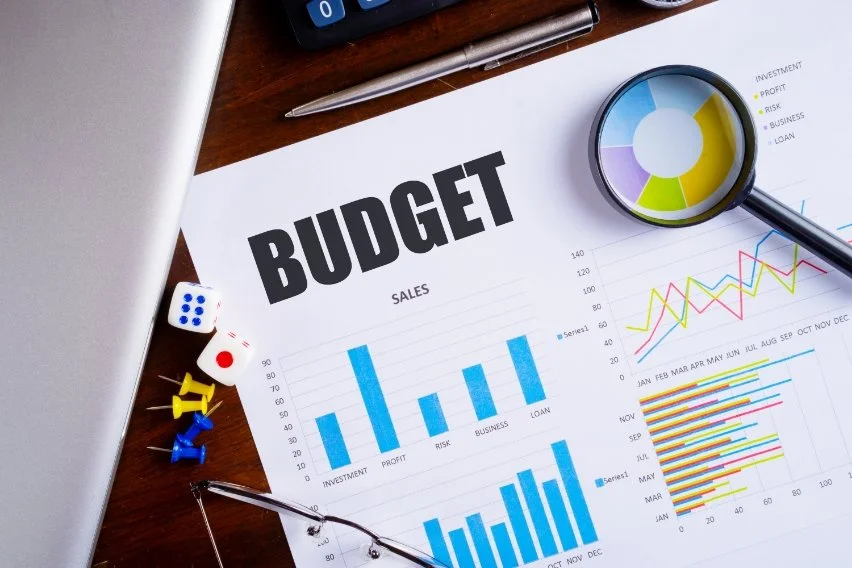Budgeting is a fundamental tool for achieving financial success and stability. It’s not just about tracking expenses; effective budgeting involves a holistic approach that considers various components. Whether you’re a seasoned financial planner or just starting your journey towards fiscal responsibility, understanding these seven key components of budgeting is essential.
Income Assessment
The first step in budgeting is understanding your income. Hence, identify all sources of revenue, including your salary, bonuses, side hustles, and any passive income streams. A comprehensive understanding of your income is the foundation upon which your budget will be built. Therefore, knowing your financial inflows allows you to set realistic spending limits and savings goals.
Expense Tracking
In addition, to gain control over your finances, you must track and categorize your expenses. Break down your spending into fixed and variable costs. Fixed costs include rent or mortgage payments, utilities, and insurance, while variable costs encompass groceries, entertainment, and dining out. Thus, prioritise essential expenses and allocate the remaining funds wisely, ensuring that you’re living within your means.

Savings Goals
Furthermore, savings are the cornerstone of financial security. Establish short-term and long-term savings goals. Whether it’s an emergency fund, a down payment for a home, or retirement savings, having specific targets provides direction to your budget. Allocate a portion of your income to savings each month, treating it as a non-negotiable expense.
Debt Management
In addition, debt can be a significant obstacle to financial well-being. Include a strategy for debt repayment in your budget. Prioritize high-interest debts and allocate extra funds to pay them off faster. Creating a debt repayment plan not only reduces financial stress but also frees up resources for other financial goals.
Contingency Planning
Moreover, life is unpredictable, and unexpected expenses can derail even the most meticulously crafted budget. Build a contingency fund to cover unforeseen costs like medical emergencies or car repairs. Having a financial safety net ensures that you won’t need to dip into your savings or rely on credit when faced with unexpected challenges.
Investment Allocation
Budgeting isn’t just about managing day-to-day expenses—it’s also about building wealth for the future. Allocate a portion of your budget to investments, such as stocks, bonds, or retirement accounts. Diversifying your investments can help grow your wealth over time, providing financial security and opportunities for the long term.
Regular Review
Moreover, a budget is not a one-time creation; it requires regular review and adjustment. Life circumstances, income levels, and financial goals can change. Schedule regular check-ins to assess your budget’s effectiveness and make necessary adjustments. This proactive approach ensures that your budget remains a dynamic and responsive tool that evolves with your financial journey.
Financial Education
An often overlooked but crucial component of effective budgeting is continuous financial education. Stay informed about personal finance concepts, investment strategies, and economic trends. The more knowledgeable you are, the better equipped you’ll be to make informed financial decisions. Attend workshops, read financial literature, and leverage online resources to enhance your financial literacy. Therefore, a well-informed mindset is a powerful asset on your journey to financial success.
Conclusion
In conclusion, mastering the art of budgeting involves integrating these seven components into a cohesive and dynamic financial plan. By understanding your income, tracking expenses, setting savings goals, managing debt, planning for contingencies, allocating investments, and regularly reviewing your budget, you’ll empower yourself to make informed financial decisions and achieve lasting financial stability. Take control of your finances today, and pave the way for a secure and prosperous future.

